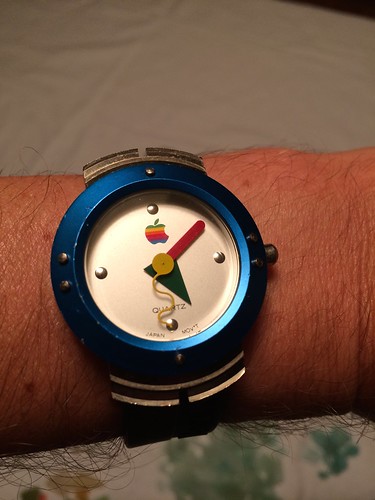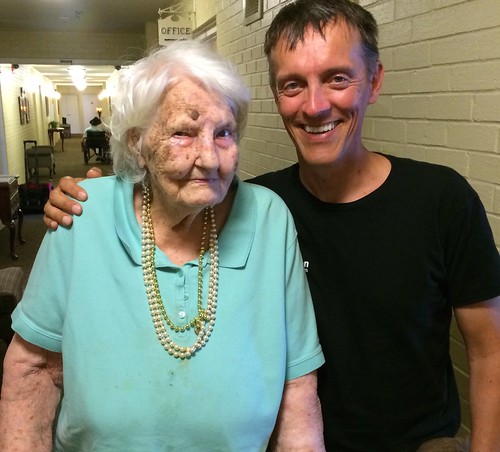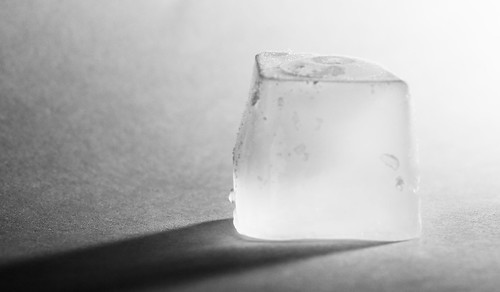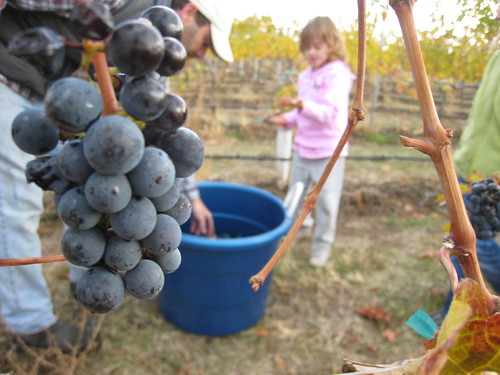Although I was an
early customer of 23andme, I found the results unsatisfying because there is so little that is
actionable. I mean, you don't need a test to tell you that you have green eyes or that you're lactose intolerant. And if you have some weird disease in your future, the main advice -- eat well, get exercise, buy life insurance -- applies to everyone whether you know you're at risk or not. Although I think it's fun and interesting for its own sake, I frankly understand why normal people wouldn't bother.
That's why I'm now so intrigued with the microbiome, that collection of hundreds of species of bacteria and other microbes that live all over you, inside and out. In total, they weigh about as much as your brain; it's as if your body has a whole other organ that you can't see. Massive improvements in genetic sequencing technology over the past decade have suddenly brought the ability to view and measure this micro-world, and important new discoveries are happening every day.
The best part? you can change your microbes! It can be difficult, because once these things have found a foothold somewhere in your body, they don't want to let go, but at least it's
possible, whether through eating different foods or supplements (fermented products, probiotics, fiber) or by avoiding antibiotics (including germ-killing hand sanitizers), your actions have an affect your microbiome. So if you don't like something, you can (at least in theory) change it.
To find out what's in my microbiome now, I bought
a $400 kit from the San Francisco company uBiome. For that, I received swabs for my mouth, gut, genitals, nose, and skin. The most interesting one is the gut, which you can buy for $89, and is the one I'd most recommend. After you collect the samples (warning for the squeamish: it involves soiled toilet paper), send them back and they give you results like this:
The microbiome is so complicated -- we're dealing with
hundreds of different species, each with its own genome -- that it's hard to summarize in a single, quick takeaway. The web site lets you dive deeper into the various strains of bacteria, looking at the results organized by phylum/class/order/family/genus, digging into more detail at each level. Since each user fills out a detailed questionnaire when returning the sample, you can compare your results to self-described vegans, paleo dieters, and several other categories to see how you stack up to people who have been gaining or losing weight recently, for example.
The tools on the site are fantastic, and they are obviously putting more effort into improving them (they've become noticeably better just in the past few weeks). Better yet, you can download all of your results in XML format to keep forever, or analyze anyway you like.
My only complaint was the amount of time it took to get results: a full three months for this sample. Their customer support staff is very responsive -- I always got a helpful response within a few hours, even on weekends -- but I do wish it didn't take so long.
But frankly that complaint rings hollow when I consider how long it will take me to understand the plethora of fascinating torrent of data I got back. You can see from the chart above that I have more of certain types of bacteria than their average customer. Is that good? bad? neutral? Who knows?
This is not uBiome's fault. Science just hasn't figured out these answers yet. In my case, I'm a healthy, fit, normal-weight omnivore, so I assume that the percentage differences with "Average" are perfectly fine, but I could imagine how somebody with weight or other problems might be concerned if they saw something significantly different from average. The good news is that, in theory, you can change your results, but the bad news is that science really has little clue exactly how to do that, or even what constitutes "good".
Because the technology is so new, you may find that your snapshot looks different each time you take the test. Sometimes people report different results
from different locations on the same sample. So it's best not to read much into of any findings yet. Still, it's the ability to
change your microbiome that makes all the difference and I expect to learn much more as the science progresses.




















